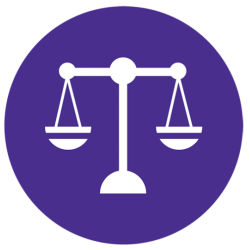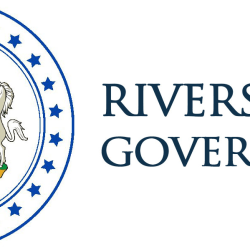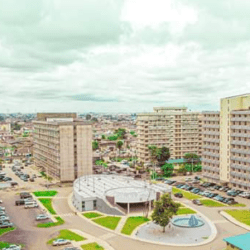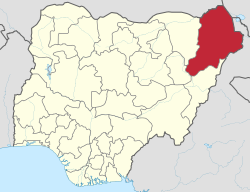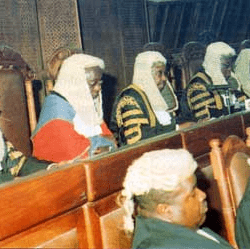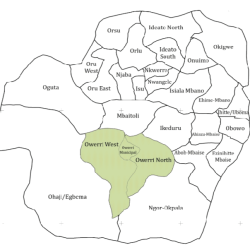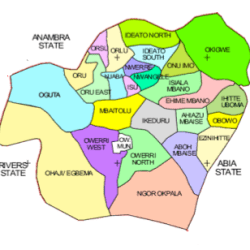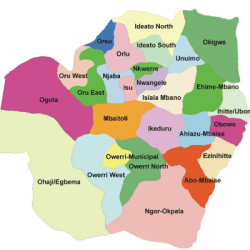The Judicial arm of Government in Imo state is made up of the high Court of Justice and Customary Court of Appeal.

The Customary Court of Appeal is headed by a President who sees to matters of policy relating to management and supervision of the customary courts system in the state while the day-to-days administration of the court lies on the shoulders of a Chief Registrar who is usually appointed from the rank of Chief Magistrates. A Chief Registrar is to the Judicial arm of the Government what a clerk of the House of Assembly is to the legislative arm of the government.
The Customary Court of Appeal hears appeals from the decisions of the Customary Courts on issues relating to or involving questions of customary laws and equally exercises supervisory jurisdiction over the customary courts. There are presenting 35 customary courts spread across the 27 Local government areas of the state.
The Customary Court Appeal is presided over by a President and five other Honourable judges who are legal practitioners with not less than ten years –post –call experience and who are versed in the customary laws of the state. They are appointed by the Governor of the state on the recommendation of the Judicial Council. They enjoy the same status with judges of the High Court in terms of privileges and remuneration.
On the other hand, the customary court located in the Local Government areas are manned by laymen drawn from the retired senior public officers who are knowledgeable in the customary law and usages prevailing in the various communities in which courts located. They hold office for a term of three years in the first instance and may be re-appointed for additional one or two years each.
Before the introduction of British Colonial administration in Igbo land, the Ibos had a well-entrenched traditional system of adjudication. The Colonial Administrators found the system convenient and native courts, which became the forerunners of today’s Customary Courts. The native courts continued to exist even after independence until they became increasingly corrupt and oppressive, leading to strong agitation for their eventual abolition.
However, in line the coming into effect of the 1979 constitution of the federal Republic of Nigeria and the provisions made therein for the establishment of the Customary Court of Appeal for any state that desired it, agitations for the reintroduction of Customary Courts arose. Subsequently, customary Courts were re-established in Imo state following the promulgation of the Customary Courts Edicts no. 7 of 1984. The Courts became fully functional in 1986 while the Customary Court of Appeal came on board in 1089.
The decision of government to re-establish Customary Courts in Imo State was by the following objectives: –
- To dispense justice expeditiously and inexpensively at the grassroots.
- To decongest the Magistrates’ and high court of the numerous cases pending in the Courts.
- To strengthen the revenue base of the state and local government.
- To reduce crime rates in rural areas through prompt dispensation of justice.

